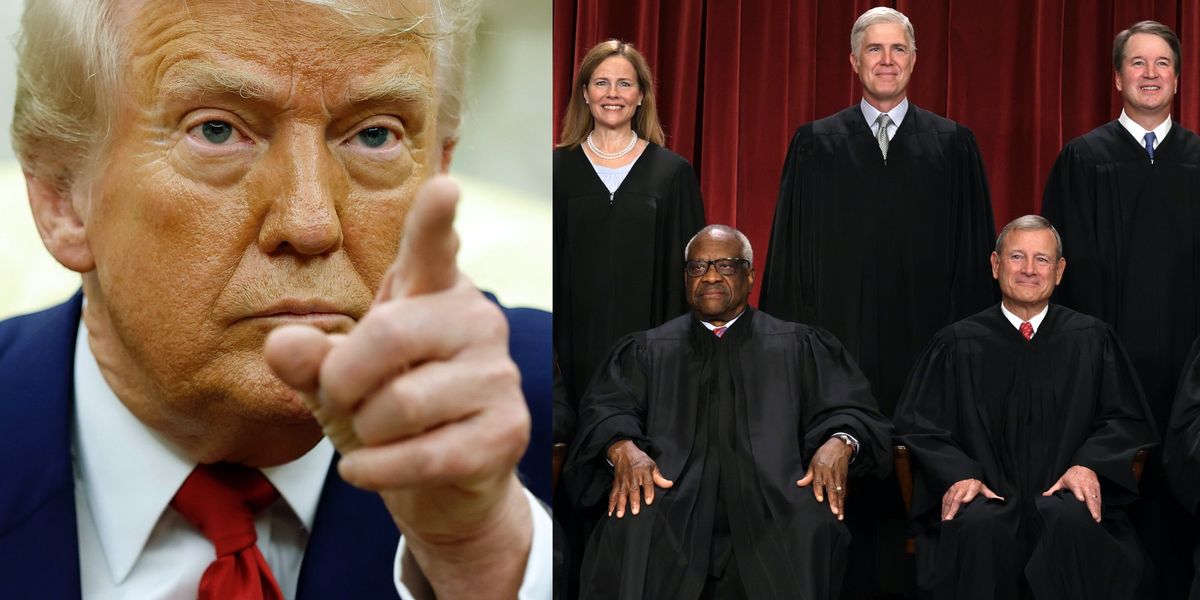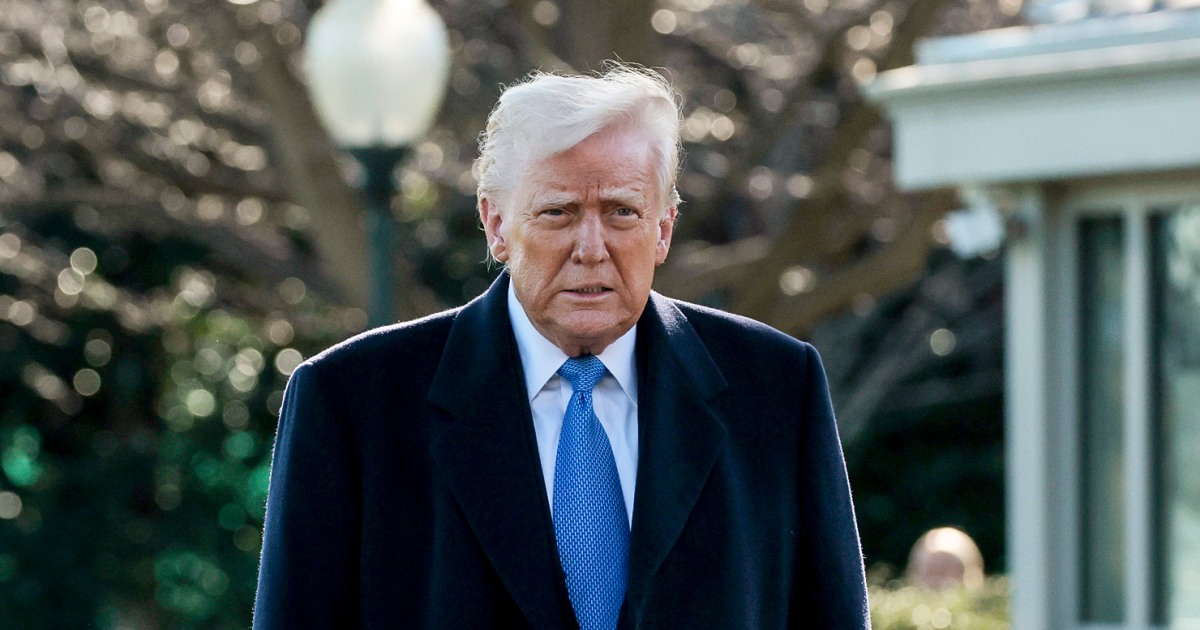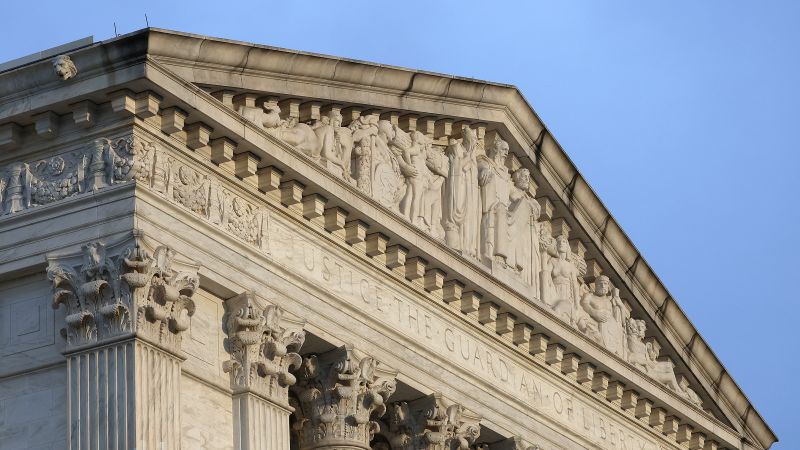Supreme Court Grants Trump's Right to Terminate 16,000 Federal Workers Amid Legal Disputes
The Supreme Court permits Trump to proceed with terminating 16,000 probationary federal workers, siding with the administration against unions lacking legal standing.
Subscribe to unlock this story
We really don't like cutting you off, but you've reached your monthly limit. At just $5/month, subscriptions are how we keep this project going. Start your free 7-day trial today!
Get StartedHave an account? Sign in
Overview
On April 8, 2025, the U.S. Supreme Court ruled that the Trump administration could terminate 16,000 probationary federal employees, allowing the administration to proceed with layoffs despite ongoing litigation. The ruling rescinded a lower court's order for reinstatement, emphasizing the labor unions' lack of standing in the case. Liberal justices Sonia Sotomayor and Ketanji Brown Jackson dissented, arguing that employees should be protected during the litigation process. While the ruling facilitates upcoming terminations, an injunction from a Maryland ruling continues to protect some employees. The case reflects ongoing debates over employment dynamics in federal agencies under the current administration.
Report issue

Read both sides in 5 minutes each day
Analysis
- The Supreme Court's ruling allows the Trump administration to continue terminating probationary federal employees, citing lack of standing from the nonprofit groups that challenged the firings.
- Justices Sotomayor and Ketanji Brown Jackson dissented, indicating concerns over the emergency nature of the ruling and its implications for federal workforce management.
- While the Supreme Court lifted one injunction, another Maryland-based ruling remains in effect, creating uncertainty over the fate of some employees.
Articles (10)
Center (5)
FAQ
The terminations occurred across six federal agencies: the Department of Veterans Affairs, the Department of Agriculture, the Department of Defense, the Department of Energy, the Department of Interior, and the Department of Treasury.
The Supreme Court granted the request because it found that the labor unions and non-profit groups challenging the terminations lacked legal standing to sue.
Yes, an injunction from a Maryland court order still protects some employees, particularly those working in 19 states and the District of Columbia.
Justices Sonia Sotomayor and Ketanji Brown Jackson dissented, with Sotomayor arguing implicitly and Jackson stating that the issue of standing should not be reached during the government's request unless there is demonstrated urgency or irreparable harm.
History
- This story does not have any previous versions.









